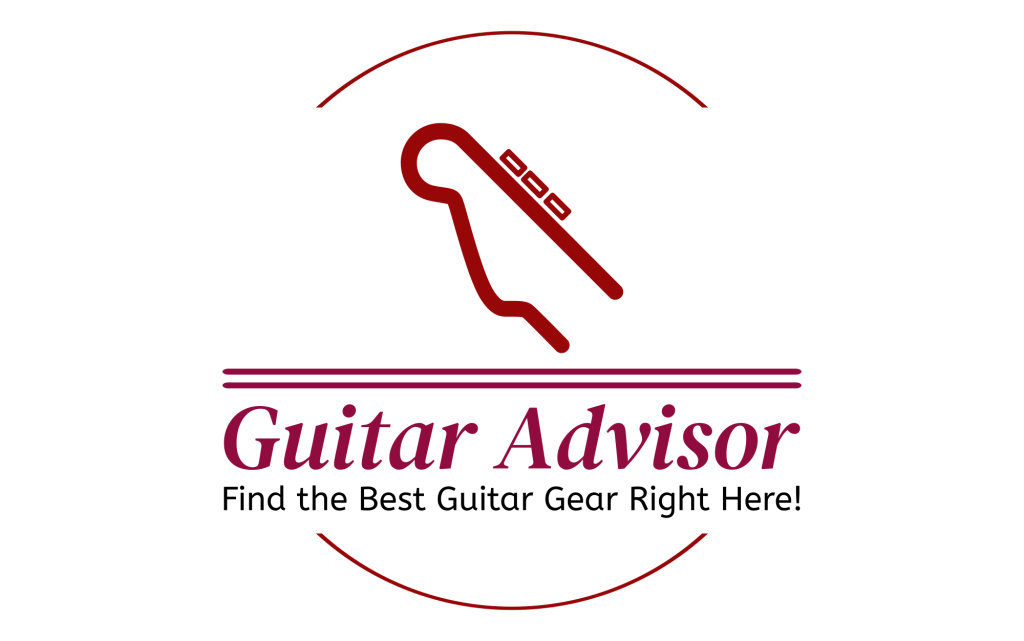Can you learn guitar just by playing tabs? This question has sparked numerous debates among guitar enthusiasts and educators alike. While some argue that playing guitar tabs is a straightforward way to learn and enjoy the instrument, others believe it lacks the depth and foundational knowledge provided by traditional learning methods.
In this article, we will examine the advantages and limitations of learning guitar through tabs, discuss alternative learning methods, and provide a balanced perspective to help you make an informed decision about your guitar education journey.
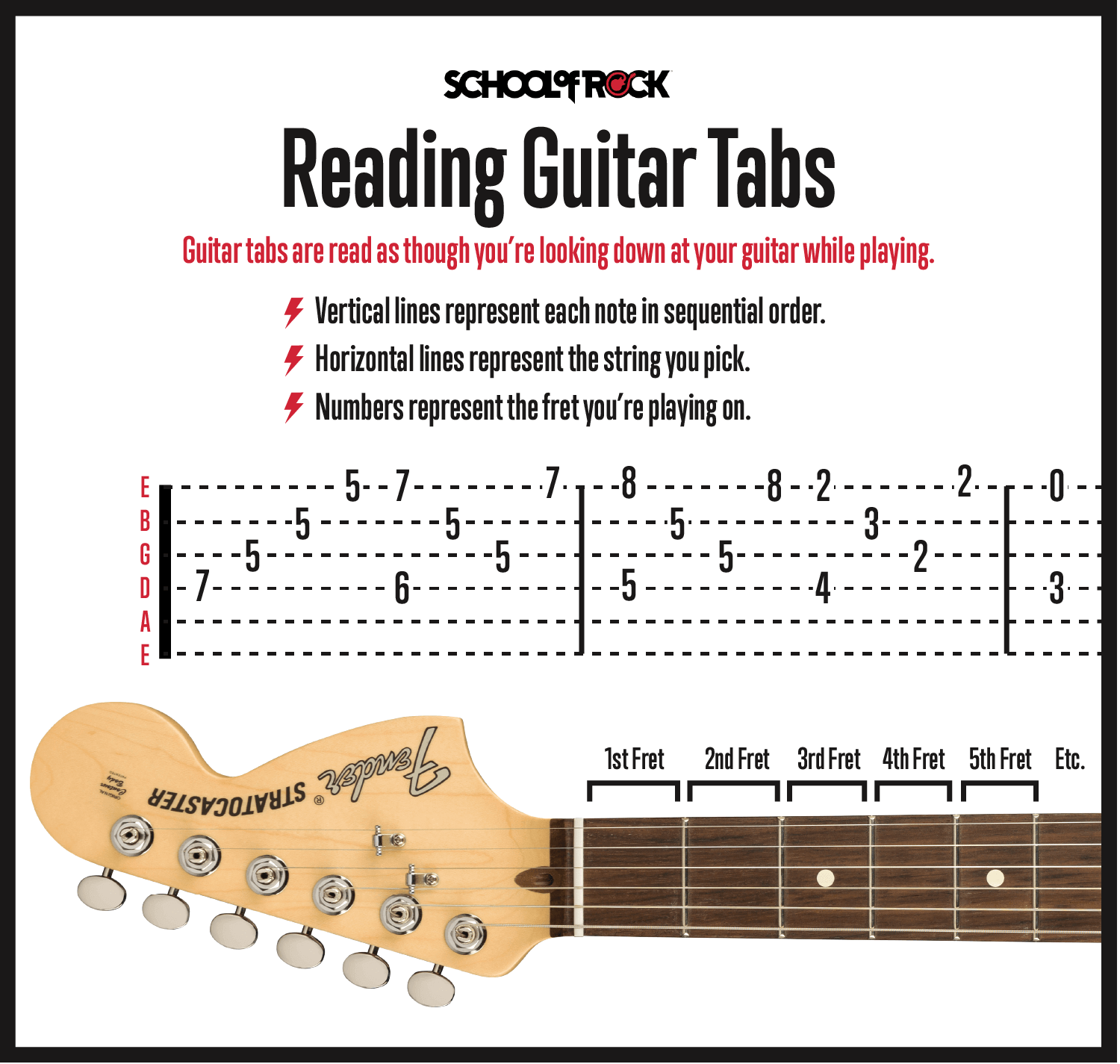
What Are Guitar Tabs?
Guitar tabs, or tablature, are simplified versions of sheet music specifically designed for string instruments. They provide a visual representation of where to place your fingers on the fretboard rather than traditional musical notation. Tabs are particularly popular among beginner guitarists due to their simplicity and accessibility.
How to Read Guitar Tabs
Understanding how to read guitar tabs is crucial if you wish to use them as a primary learning tool. Tabs are typically written with six horizontal lines, each representing a string on the guitar:
| Line | String |
|---|---|
| 1 | High E |
| 2 | B |
| 3 | G |
| 4 | D |
| 5 | A |
| 6 | Low E |
Numbers on these lines indicate the fret you need to press. For example, a “3” on the low E string means you should press the third fret on the low E string.
The Advantages of Learning Guitar Through Tabs
Learning guitar through tabs can offer several benefits, especially for beginners who want to start playing songs quickly.
Accessibility
Guitar tabs are widely available for almost every song you can imagine. Numerous websites and books provide a vast array of tabs, making it easy to find and learn your favorite songs.
Simplicity
Tabs are straightforward and simple to read, making them an excellent tool for beginners. Unlike traditional sheet music, which requires knowledge of musical notation, guitar tabs can be understood with minimal music theory background.
Immediate Gratification
One of the most appealing aspects of guitar tabs is the ability to play recognizable songs almost immediately. This instant gratification can be incredibly motivating for beginners and can keep you engaged and eager to learn more.
The Limitations of Learning Guitar Through Tabs
While guitar tabs offer several benefits, they also have significant limitations that can impede your overall musical development.
Lack of Musical Theory
Guitar tabs do not provide any information about rhythm, timing, or musical dynamics. This absence can hinder your ability to understand the structure and nuances of music, making it challenging to progress beyond a certain level.
Dependence on Tabs
Relying solely on tabs can make you dependent on them, preventing you from developing essential skills such as ear training, improvisation, and sight-reading. This dependency can limit your ability to play with other musicians or in different musical styles.
Incomplete Learning
Tabs often focus on the ‘what’ rather than the ‘why.’ You might learn where to place your fingers but not understand the musical principles behind the notes. This incomplete learning can restrict your ability to create your own music or adapt to new genres.
Alternative Learning Methods
To become a well-rounded guitarist, it is essential to explore alternative learning methods that complement your use of guitar tabs. This section will discuss various approaches, including traditional music notation, ear training, and formal lessons.
Traditional Music Notation
Learning traditional music notation can provide a more comprehensive understanding of music. It includes information about rhythm, dynamics, and articulation, allowing you to interpret music more accurately.
Ear Training
Developing your ear is crucial for musicianship. Ear training helps you recognize pitches, intervals, chords, and rhythms by ear. This skill is invaluable when playing with other musicians or learning music without the aid of written notes.
Formal Lessons
Taking formal lessons from a qualified instructor can provide structured learning and personalized feedback. A teacher can tailor lessons to your specific needs, address your weaknesses, and guide you through complex musical concepts.
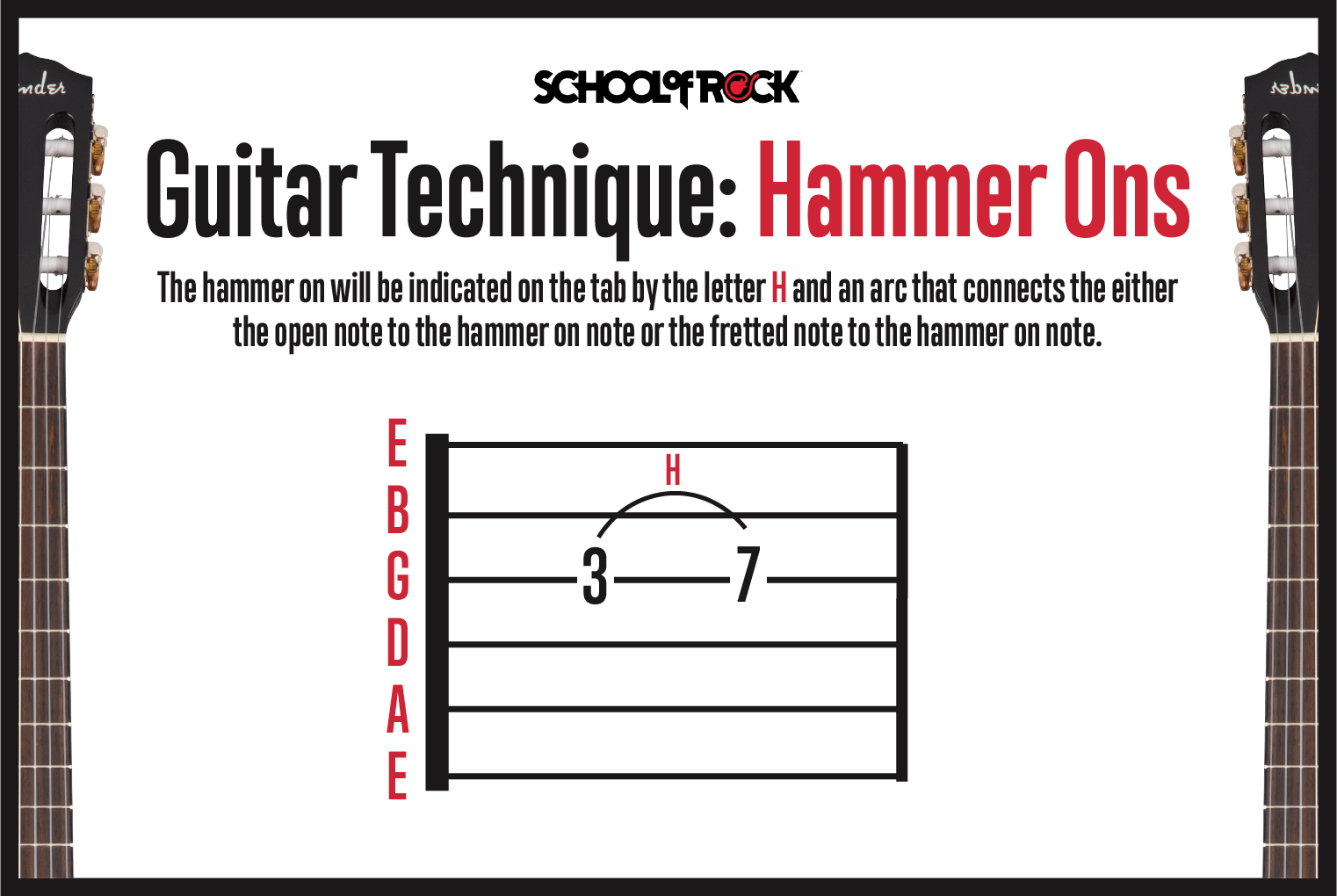
Combining Tabs with Other Learning Methods
While each learning method has its advantages, a balanced approach that combines tabs with other techniques can be the most effective way to learn guitar. Below are some strategies to integrate tabs with other learning methods.
Learn the Theory Behind the Tabs
When you learn a song using tabs, take time to understand the theory behind it. Identify the scales, chords, and progressions used in the song. This will deepen your musical knowledge and improve your ability to apply what you learn to other pieces.
Use Tabs as a Supplement, Not a Crutch
While tabs can be a useful tool, avoid relying on them exclusively. Incorporate other learning methods, such as ear training and traditional notation, into your practice routine to develop a well-rounded skill set.
Practice Improvisation
Improvisation is essential for developing creativity and musical intuition. Experiment with playing variations of the tabs you learn and incorporate new techniques to enhance your improvisational skills.
Practical Tips for Learning Guitar Through Tabs
To get the most out of learning guitar through tabs, consider these practical tips and best practices.
Start Simple
Begin with simple songs and progress gradually to more complex pieces. Starting with easy tabs will help you build confidence and develop foundational skills.
Use Reliable Sources
Not all tabs are created equal. Use reputable websites and publications to ensure the tabs you are learning are accurate and reliable.
Practice Regularly
Consistency is key to improvement. Make a practice schedule and stick to it to develop muscle memory and improve your playing skills over time.
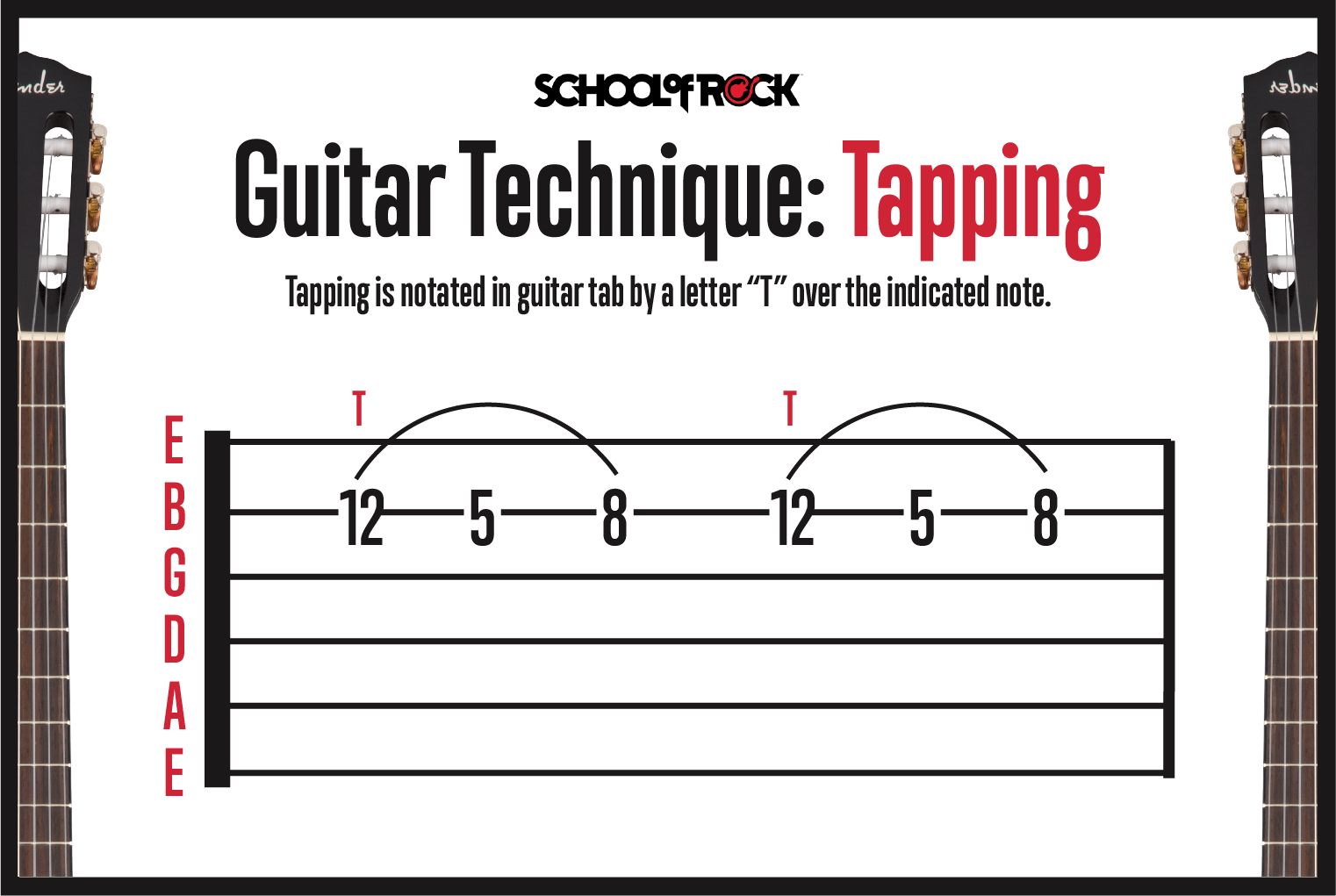
The Role of Technology in Learning Guitar
Technology has revolutionized the way we learn and play guitar. Understanding how to leverage technology can enhance your learning experience.
Online Tutorials and Courses
Numerous online platforms offer tutorials and structured courses for guitarists of all levels. Websites like YouTube, Udemy, and Coursera provide valuable resources to supplement your tab-based learning.
Guitar Apps
Several apps can aid in learning guitar, offering features like chord libraries, tuners, metronomes, and interactive lessons. Apps like Fender Play, Yousician, and Ultimate Guitar provide comprehensive learning tools that can enhance your practice sessions.
The Psychology of Learning Guitar Through Tabs
It’s essential to understand the psychological aspects of learning guitar to maximize your effectiveness. Recognizing how motivation, practice habits, and learning styles impact your progress can help you become a more efficient learner.
Motivation
Staying motivated is crucial for long-term success. Set achievable goals, track your progress, and celebrate your milestones to keep your enthusiasm high.
Practice Habits
Effective practice habits can accelerate your learning. Focus on quality over quantity, breaking your practice sessions into manageable chunks and addressing specific areas for improvement.
Learning Styles
Understanding your learning style can help you tailor your practice routine. Whether you are a visual, auditory, or kinesthetic learner, incorporating techniques that align with your style can enhance your learning experience.
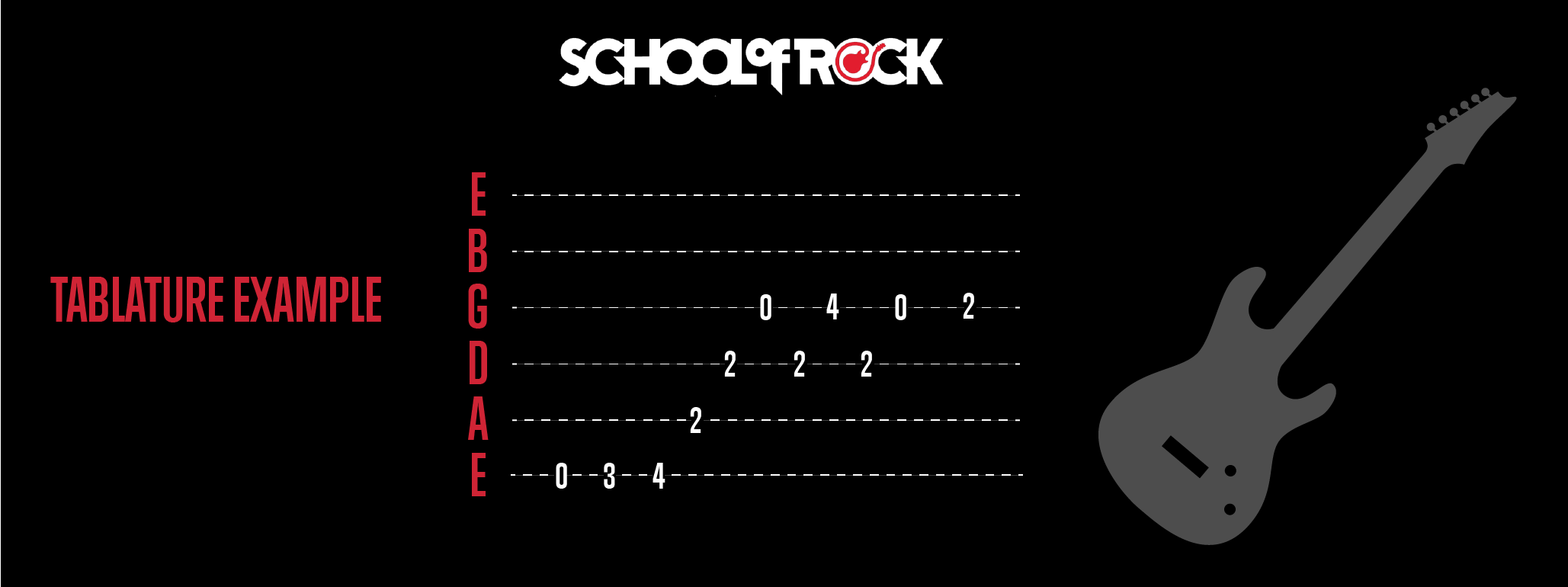
Real-Life Examples: Successful Guitarists Who Learned Through Tabs
Many successful guitarists have used tabs as part of their learning process. Examining their experiences can provide valuable insights and inspiration.
Kurt Cobain
Kurt Cobain, the frontman of Nirvana, often used guitar tabs to learn and create music. His simple yet impactful playing style demonstrates that tabs can be a powerful tool for musical expression.
Dave Grohl
Dave Grohl, another member of Nirvana and the leader of Foo Fighters, also started with tabs. His transition from drummer to guitarist showcases the flexibility and accessibility that tabs offer.
Common Misconceptions About Learning Guitar Through Tabs
There are several misconceptions about using tabs to learn guitar. Addressing these can help you avoid potential pitfalls and make better-informed decisions.
Tabs Are Only for Beginners
While tabs are popular among beginners, they are also used by advanced players to quickly learn new songs or riffs. Tabs are a valuable tool for guitarists of all levels.
Learning Tabs Is Cheating
Some believe that using tabs is a shortcut that undermines musical integrity. However, tabs can be a legitimate way to learn music, especially when combined with other methods.
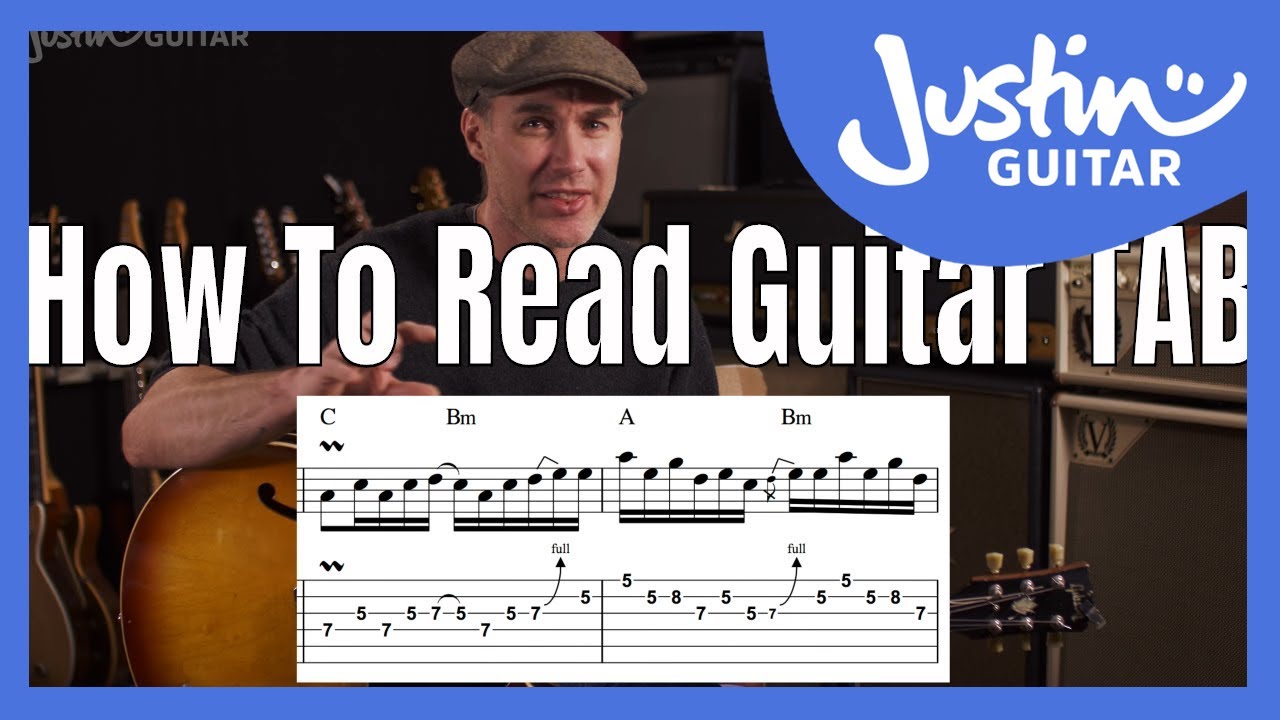
Conclusion: Can You Learn Guitar Just by Playing Tabs?
In conclusion, while you can learn to play guitar using tabs, they should not be your only resource. Tabs are an excellent tool for learning songs quickly and gaining initial confidence, but their limitations make it essential to complement them with other learning methods. Understanding music theory, developing ear training, and taking formal lessons will provide a more comprehensive and fulfilling learning experience. By combining tabs with these additional techniques, you will become a more versatile and skilled guitarist, capable of playing a wide range of music and adapting to various musical situations.
Hello, I’m an author for My Guitar Advisor. I love writing about and playing guitar, mainly fingerstyle but dabble into all genres. I hope you enjoy my writing and reviews.
